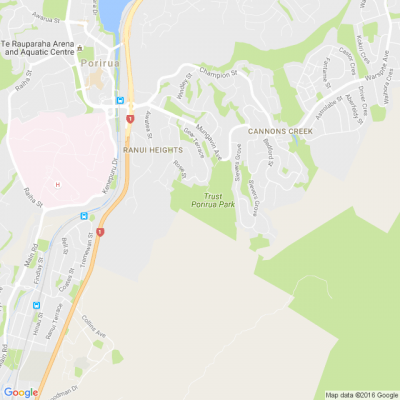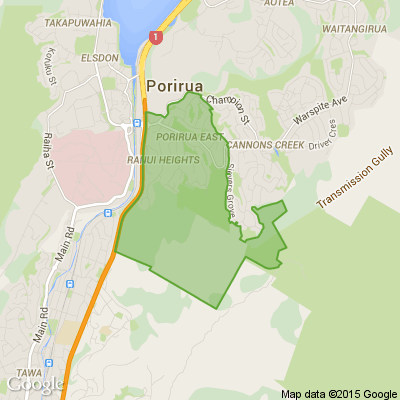Playing safely in urban streams
As we approach the school holidays and children head outdoors exploring our beautiful parks and streams we’d like to remind you how to play safely in urban streams.
The water quality of our streams can be variable.
Stormwater run-off and other contaminants can affect the water quality of our urban streams.
While there are actions being taken by council and interest groups to improve the water quality in our streams, the water can contain ‘bugs’ that can make people sick. To keep people safe it’s important to follow the tips below.
Here are some tips on enjoying our streams safely:
- Children should always be supervised when playing in or around water.
- Always avoid contact with streams during heavy rain and for 48 hours after it stops raining.
- Never drink stream water.
- Always wash your hands after coming into contact with stream water and before eating.
- Keep stream water out of your eyes, ears, mouth, or any open sores. If your children are too young to understand these precautions please avoid contact with streams.
- Wading and exploring is ok, but the water in streams is not suitable for swimming. To check out the best places for swimming in our region see www.gw.govt.nz...
How you can help:
- Report cracked or leaking pipes (and if you spot a leak on your own property organise for a plumber to check the pipes as soon as possible).
- Make sure rubbish is not left near streams including picking up dog poo.
- Only rain should go down the drain - empty detergents and paintbrush residue onto the lawn, or tip down the sink, not into drains leading to stormwater.
- Wash cars on the lawn, or at an approved carwash.
- Use non-toxic pesticides and fertilisers on your gardens.
- Reduce run-off by using porous landscaping, such as bark chips or lawn.

⚠️ DOGS DIE IN HOT CARS. If you love them, don't leave them. ⚠️
It's a message we share time and time again, and this year, we're calling on you to help us spread that message further.
Did you know that calls to SPCA about dogs left inside hot cars made up a whopping 11% of all welfare calls last summer? This is a completely preventable issue, and one which is causing hundreds of dogs (often loved pets) to suffer.
Here are some quick facts to share with the dog owners in your life:
👉 The temperature inside a car can heat to over 50°C in less than 15 minutes.
👉 Parking in the shade and cracking windows does little to help on a warm day. Dogs rely on panting to keep cool, which they can't do in a hot car.
👉 This puts dogs at a high risk of heatstroke - a serious condition for dogs, with a mortality rate between 39%-50%.
👉 It is an offence under the Animal Welfare Act to leave a dog in a hot vehicle if they are showing signs of heat stress. You can be fined, and prosecuted.
SPCA has created downloadable resources to help you spread the message even further. Posters, a flyer, and a social media tile can be downloaded from our website here: www.spca.nz...
We encourage you to use these - and ask your local businesses to display the posters if they can. Flyers can be kept in your car and handed out as needed.
This is a community problem, and one we cannot solve alone. Help us to prevent more tragedies this summer by sharing this post.
On behalf of the animals - thank you ❤️

Worst Xmas ever?
There's a a lot of planning that goes into Christmas day and sometimes things just don't go to plan. But it can be a good thing - a family mishap or hilarious memory that you can laugh about in Christmases to come.
Whether you burnt the dinner or were stranded at an airport...
Share your Christmas mishaps below!









 Loading…
Loading…